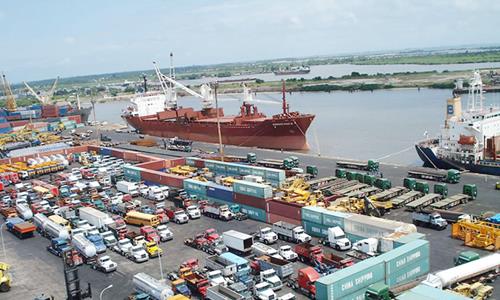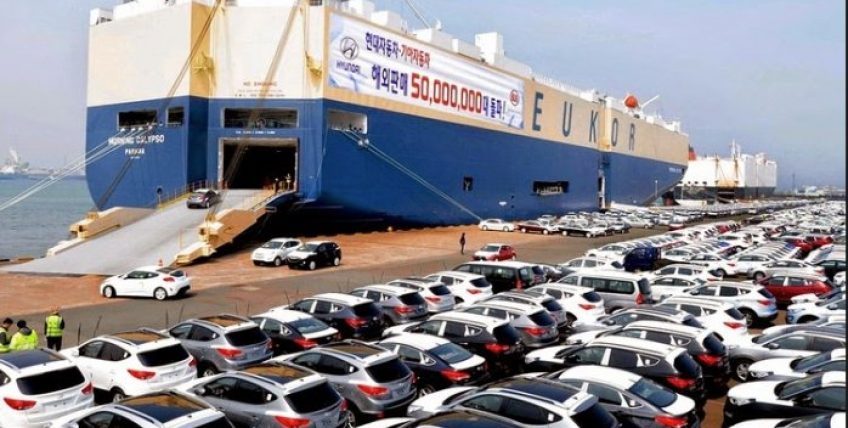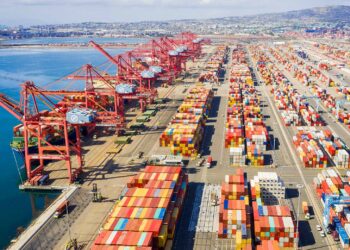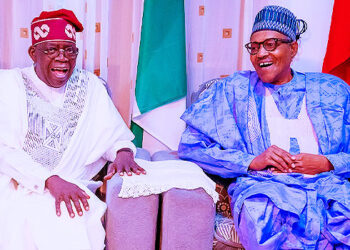Recent data obtained from the National Bureau of Statistics (NBS) show that between the first quarter of 2018 and the second quarter of 2019, Nigeria had spent the total sum of N1.03 trillion to import used vehicles (popularly called Tokunbo) and Motorcycles (Okada) into the country.
According to the various NBS reports gathered, while importation has surged between the periods, used cars and motorcycle importation into Nigeria grew by 325%.
The Trends: According to the Bureau’s report, Nigeria’s import bill has been on the rise and this is largely reducing the country’s net trade balance (the balance of total export minus the import). For instance, in the foreign trade report released for Q2 2019, NBS stated that the performance of Nigeria’s trade was largely as a result of stronger growth in the value of imports far outpacing the value of exports which rose only marginally.
- Specifically, in the first quarter of 2018, used car importation gulped N29billion, while motorcycles importation was estimated at N38 billion.
- Meanwhile, fast forward to Q2 2019, used cars imported into Nigeria stood at a whooping N177.3 billion, while motorcycles importation grew to N111.9 billion.
- A closer look into the reports showed that Nigeria’s trade balance dropped from N831.6 billion in Q1 to N588.7 billion in Q2 2019. This implies the net trade balance reduced by N242.9 billion in just three months.
- Considering Nigeria’s import of N4 trillion in Q2 2019, it suggests used cars and motorcycle importation accounted for about 7% of the country’s total import. This also made used cars’ importation to rank the second most imported goods into Nigeria.
- It should be noted for motorcycles, as illustrated by NBS, Nigeria largely imported Completely Knocked Down (CKD) parts.
- Basically, CKD is fully disassembled item parts that are required to be assembled by the end-user or the reseller. Goods are shipped in CKD form to reduce freight charged on the basis of the space occupied by (volume of) the item.
- So, this means that for motorcycles, while assemblages are done in Nigeria, all the parts are imported from India and China.

Industry in tatters: Ride and Motorcycles or Bike hailing platforms are one of the two fastest-growing businesses in Nigeria. Globally, the popular ride-hailing platform, Uber, introduced its operation in 2009. Five years later (July 2014), it launched operations in Lagos State, Nigeria to make it the 4th City in Africa.
- As technology keeps evolving, so is the ride-hailing industry. Today, spread all over the country are Uber, Bolt, OgaTaxi, GidiCab and many others all competing in the ride-hailing industry. On the other hand, the Bike hailing platforms are equally worth the mention, with GoKada, Opay, Max.NG and so on.
- It is noteworthy to state that the industry expansion is indeed a welcome development as this creates thousands of jobs for Nigeria’s teeming population, however, this comes at another cost to the country.
- Nigeria’s automobile industry is still largely docile, while the industry expansion should indirectly grow the automobile manufacturing industry, the trillions being spent by the ride-hailing platforms are obviously flying overseas, specifically to U.S, India and China.
- One would wonder why Nigeria’s automobile industry has been at a standstill for many years.
- Further check shows that local production (cars assemblage) stood at 200,000 vehicles in 2018, while Nigeria imported 862,220 vehicles in the same period. This means Nigeria imported over 300% of what was locally produced.
- From the U.S only, Nigeria imported 627,055 vehicles in 2018, projected to hit 800,000 vehicles by the end of 2019.

Recall, in 2014 the Federal Government increased import tariffs and duties on imported new and used vehicles to as high as 70%, while reducing tariffs on semi-knocked down and complete knocked down vehicles and assembly machinery to a range of 0 to 10%.
- Five years later, the rigmarole still lingers as used car and motorcycle importation gulp trillions of naira. Although, President Muhammed Buhari just made moves to lure Toyota car manufacturer to set up manufacturing plant in Nigeria during his recent event trip to Japan.
[READ: Toyota snubs Nigeria as it moves to establish assembly plants in Ghana, Ivory Coast]
More Problems: Importation appears to be one of the major banes of the Nigerian economy. This partly explains why car importation has also surged over the years. The figure provided by the bureau, to say the least, omitted smuggled cars, while brand new cars are reported separately. Smuggled items and the importation of sub-standard goods have led to the death of several companies.
- Recently, the CBN announced that it has concluded plans to close the bank accounts of smugglers. While this is a step in the right direction, it may not curb the importation of used cars.
- To further drive home its stance, the CBN and the federal government agreed to partially shut the borders.
- Another development on the sideline is that the controversy that trailed the Nigerian 9th National assembly plan to import Sports Utility Vehicles (SUV) amounting to N5.5bn for the senators took another twist. On Wednesday, the Senate Majority Leader, Abdullahi Yahaya, condemned the public outcry over the purchase of the SUV to 109 senators. The Majority Leader reportedly disclosed:
“What is the problem there. It is an insult to say that a senator of the Federal Republic cannot ride a jeep in Nigeria. It is an insult.
“The N5.5bn is from the national Assembly fund and it is budgeted for every Assembly which they will pay back at the end of the tenure. I was a permanent secretary, I know what ministers get, we cannot even compare ourselves with ministers because we are higher than the minister.
“For you to say that a senator of the Federal Republic cannot drive a jeep today, come on, that is an insult. Go and tell the people that the work that we do, is more than the work of ministers. The weight that is on me today there is no minister of the Federal Republic that has it,” The Senate leader stated.
There is no gainsaying that, the Nigerian economy is largely import-dependent, and for now, even the lawmakers and the government show no signs of contributing to solving import menace. Recently, Nigerians have raised concerns about why political office holders cannot be mandated to use locally assembled vehicles.
One thing is clear, the continued rise in importation of used vehicles will continue to affect innovation in the automobile industry, and this also further leads to more pressure on the country’s foreign reserves which has depleted in recent months.






















This is where Buhari needs to step in and compel the law makers to buy locally made Jeeps so that the money can help grow the car industry locally.
We have all been made to ‘hate local’ hence the crazy appetite for everything foreign makes us not love our own.
I really hope this will change someday but sadly it doesn’t look like it anytime soon